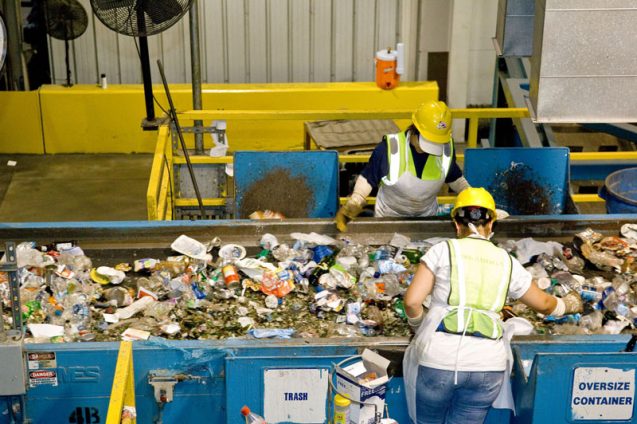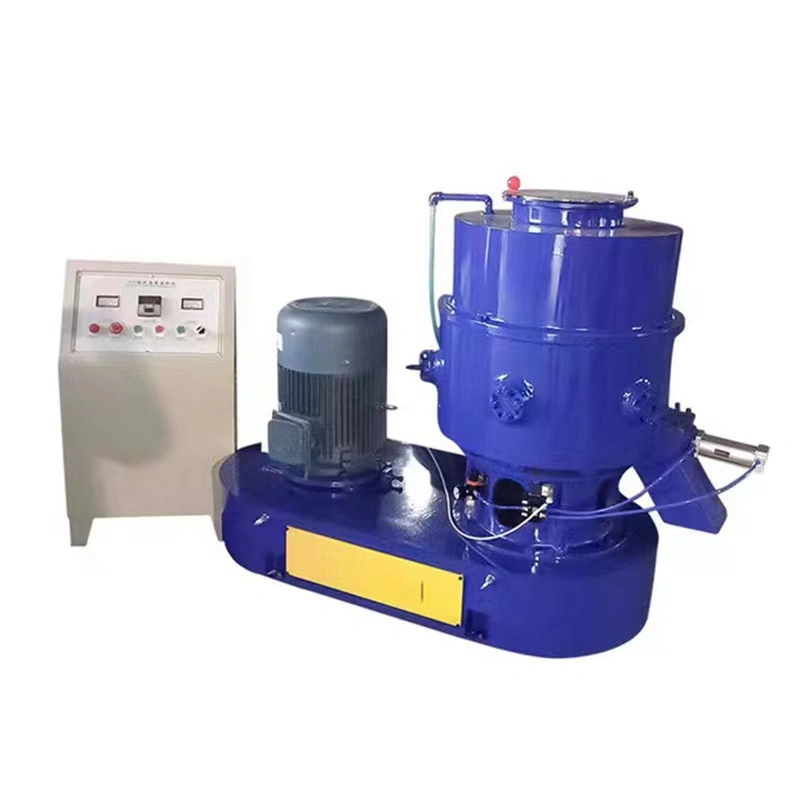
- > Search By Functions
- > Co-Extrusion
- > Search By Material
- > Search By Machines
- > Search By Machines
- > Search By Machines
What are you looking for?
Starting a small-scale recycling business can be a fantastic way to contribute to environmental sustainability while creating a profitable venture. Many people throw away items that can be recycled and reused, so by setting up your own recycling business, you’re not only earning money but also doing a world of good. Here’s a comprehensive guide on how you can turn waste into wealth by launching your recycling business, with a focus on plastic recycling and the potential benefits of using a small plastic recycling machine.
What is Small-Scale Recycling?
Small-scale recycling refers to processing and reusing waste materials on a smaller scale compared to large commercial recycling plants. Unlike large facilities, a small-scale operation can be more manageable and cost-effective, especially for individual entrepreneurs or small teams.
Benefits of Starting a Small-Scale Recycling Business
Starting a small recycling business has numerous advantages:
Low Startup Costs: You don’t need massive machinery or a huge facility.
Local Impact: You help reduce waste in your community.
Environmental Sustainability: Recycling conserves resources and reduces landfill waste.

Identifying Demand in Your Area
To succeed in this business, it’s crucial to understand what materials are in demand. Do some research on the local market: are there businesses that need recycled plastic, metal, or paper? Find out what materials are commonly recycled or thrown out in your area.
Analyzing Competitors
Checking out the competition can give you insight into what works and what doesn’t. Look at nearby recycling businesses and analyze their services, pricing, and customer base.
Types of Recyclable Materials
Decide what type of material you’ll focus on. Different materials require different processing techniques and machinery. Here are a few options:
Paper Recycling: Converting waste paper into new paper products.
Plastic Recycling: Reprocessing plastic items into reusable materials.
Metal Recycling: Melting and reforming metals.
Electronic Waste Recycling: Disposing and recycling e-waste properly.
Why Focus on Plastic Recycling?
Plastic recycling can be profitable and relatively straightforward on a small scale. Plastic waste is abundant and takes centuries to decompose, making it an ideal target for recycling.
Benefits of a Small Plastic Recycling Business
Plastic recycling has significant environmental benefits and offers potential for steady revenue, especially if you can source and sell recycled plastic products efficiently.
Introduction to the Small Plastic Recycling Machine
A small plastic recycling machine can help you efficiently process and recycle plastic waste, allowing you to create recycled plastic pellets or other forms of reusable plastic.
How It Works
This machine shreds, melts, and molds plastic waste into new forms, like pellets, that manufacturers can use to create new products.
Cost and Maintenance
Small plastic recycling machines can range from a few thousand dollars, depending on size and features. Maintenance is usually minimal, mainly involving regular cleaning and occasional part replacement.
Other Necessary Tools and Supplies
Apart from the recycling machine, you’ll need tools like scales, containers, and safety gear for handling recycled materials.

Finding the Right Location
Choose a facility that’s easily accessible for waste collection and distribution. A space with adequate ventilation, space for equipment, and safe storage for materials is ideal.
Key Considerations
Consider factors like accessibility, storage space, and zoning restrictions. Make sure your location meets local guidelines.
Zoning and Legal Requirements
Some areas have zoning laws for waste handling businesses, so check your city’s regulations before renting a location.
Setting Up a Safe and Efficient Workspace
Ensure your workspace has adequate storage and safety measures, like fire extinguishers and protective gear for handling chemicals.
Permits and Licenses Required
You’ll need licenses to operate legally. Permits can vary by location, so check with local authorities about waste management licenses, environmental permits, and any health regulations.
Environmental Regulations to Consider
In some areas, strict environmental regulations apply to recycling businesses to ensure safe and responsible waste handling.
Setting Goals and Budget
Establish clear goals for your business. Determine what type of recycling you’ll do, set up a budget, and estimate your income from recycled materials.
Defining Your Business Model
Will you sell recycled materials directly or work with local manufacturers?
Direct Sales
Selling directly to end-users can provide more profit, as you control pricing and marketing.
Partnering with Local Manufacturers
Working with manufacturers ensures a steady demand for your recycled materials, simplifying your sales process.
Targeting Your Audience
Identify your target audience, whether it’s local businesses, eco-conscious consumers, or municipal agencies. Tailor your message to resonate with your ideal clients.
Using Social Media and Local Marketing
Social media is a cost-effective way to reach a larger audience. Share updates about your recycling process, highlight eco-friendly benefits, and engage with your community.
Partnering with Local Businesses and Organizations
Collaborating with other businesses can increase your exposure and help you secure clients who are also interested in sustainable solutions.
Hiring and Training Employees
If you plan to hire, train employees on handling materials, safety protocols, and operating recycling machines.
Managing Daily Operations
Organize your workflow for efficiency.
Collection and Sorting Process
Separate materials properly to avoid contamination. This step is essential for maximizing the quality of your recycled materials.
Processing and Distribution
Turn sorted materials into usable products, like plastic pellets, and distribute them to buyers.
Investing in Advanced Recycling Technology
As your business grows, consider upgrading your equipment to increase efficiency and output.
Expanding Your Product Line or Services
Diversify by adding new types of recyclable materials or offering additional services, like customized recycled products.
Starting a small-scale recycling business is both rewarding and impactful. It allows you to help the environment while tapping into a profitable industry. By carefully planning and investing in the right equipment, like a small plastic recycling machine, you can build a sustainable business that turns waste into wealth. Take it step-by-step, focus on quality, and remember that your work makes a positive difference for the planet.